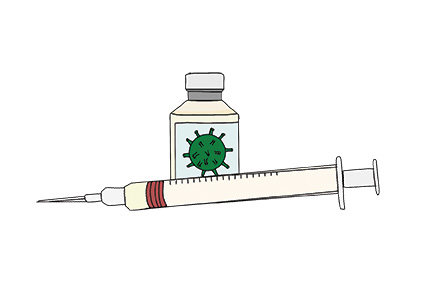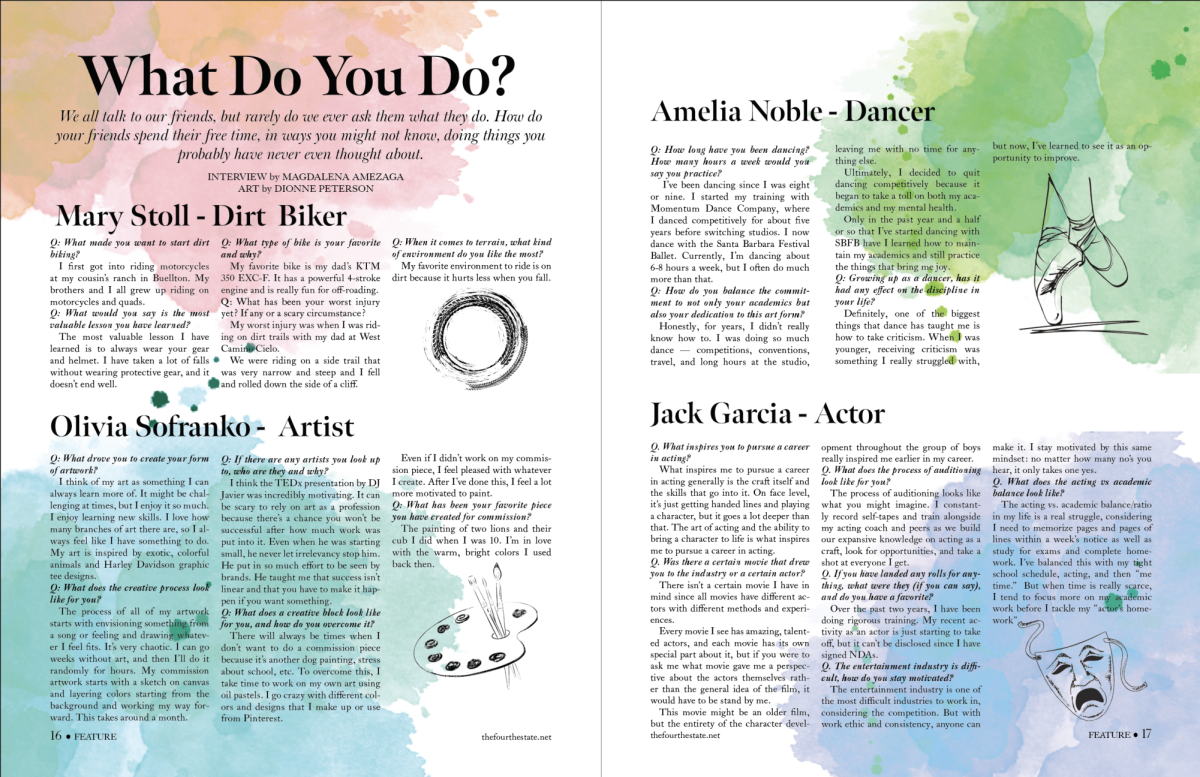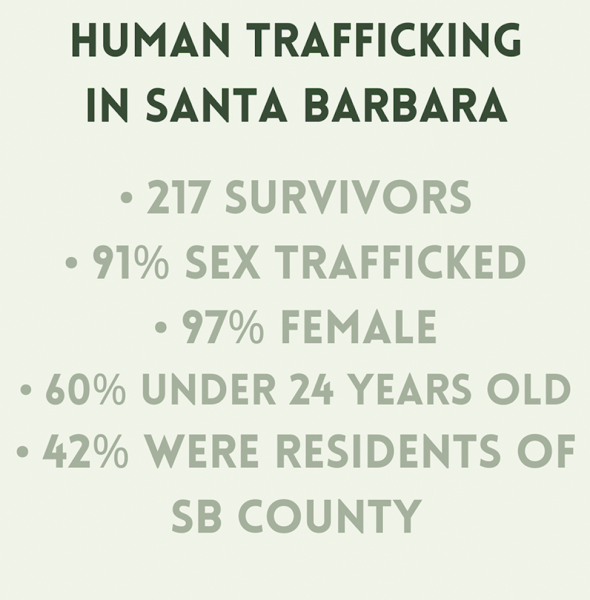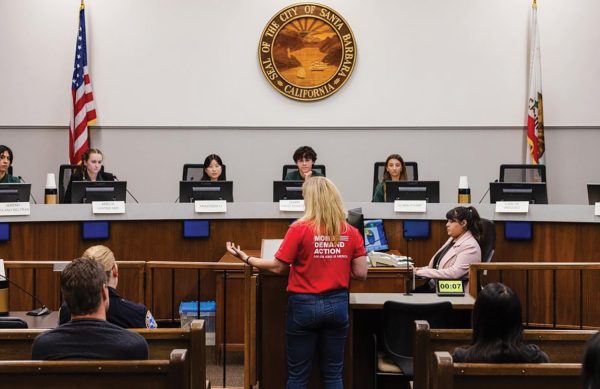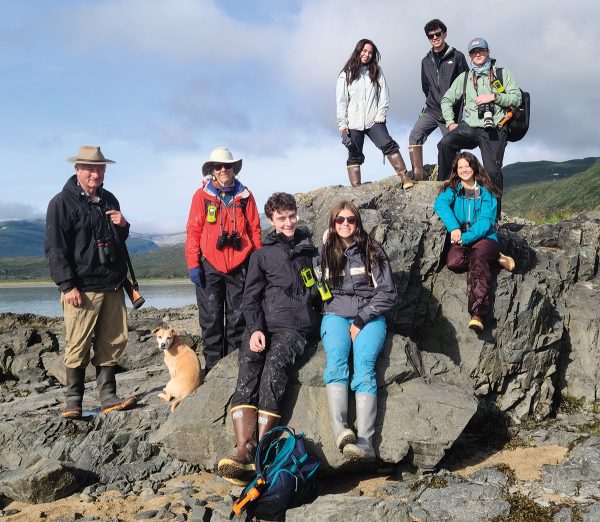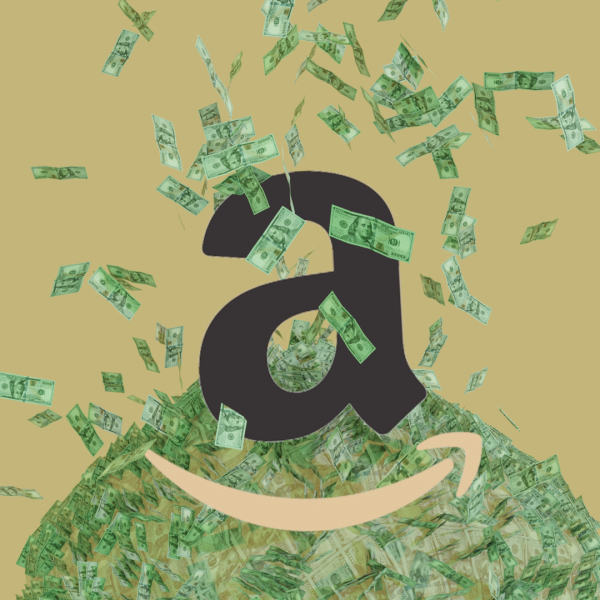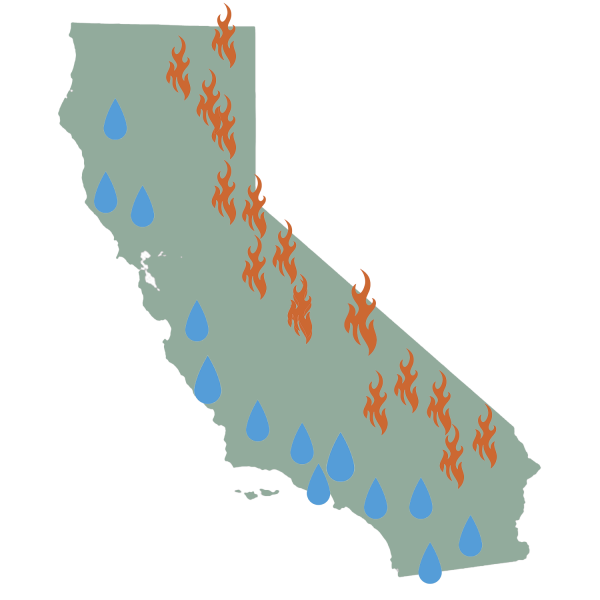COVID-19 Vaccine: Who Will Take it ?
People around the world are ready for this pandemic to go away — but they are divided whether or not to take a COVID-19 vaccine.
January 25, 2021
This pandemic has gone on long enough. Students want to return to school, businesses want to reopen and friends want to hang out without fear of contracting COVID-19.
All the resources required to lessen the pandemic’s spread are available. Wearing masks and social distancing are examples of temporary resources that help, but the long-term solution is a vaccine.
The most popular vaccines, Pfizer-BioNTech COVID-19 vaccine and Moderna’s COVID-19 vaccine, are being distributed to the public.
Vaccines could bring the world out of the darkness. The CDC stated that COVID-19 vaccines would help keep people from getting the virus, help build protection and be an essential tool to help stop the pandemic spread.
However, there is a divide in people’s opinions about vaccines. For many, the news of a vaccine is a relief after months of fearing for their lives in quarantine.
“I’m excited about the COVID vaccine because this means that people who I love and care about can be safe,” freshman Kendall Keshen said. “My parents, who are healthcare providers, can be safe and don’t have to worry about exposing their patients [to the virus].”
Freshman Lucy Wang is ready to have things back to normal. “I am really excited, and I can’t wait to take our masks off and go to restaurants again.”
“Americans will likely experience at least one side effect from the COVID-19 vaccine, but doctors say that’s normal and you should still get vaccinated,” said Health reporter for USA Today Adrianna Rodriguez.“Side effects from the COVID-19 vaccine means “your body responded the way it’s supposed to.”
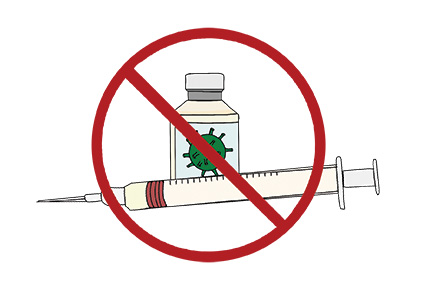
On the other hand, some are not exactly sure if they should be giving this vaccine a standing ovation just yet.
Although the news is inspiring, some believe that it’s too early to determine if the vaccines work, or if they will have any long-lasting side effects.
Everyone wants this virus controlled, but many believe the vaccines were rushed. Many Americans think it’s likely a vaccine will be used before its safety and effectiveness are fully understood.
It is too early to know what the vaccines have in store.
Concerns about side effects and uncertainty around a vaccine’s effectiveness are widely cited as reasons by those who would not get a COVID-19 vaccine if one were available today. Pew Research Center states that among the roughly half of
Americans who say they would not get a COVID-19 vaccine, 76% express concerns about side effects are a major reason they would not get it.
“The most commonly reported side effect among vaccine recipients under age 55 was a sore arm,” USA Today reports, “followed by fatigue (60% after the second shot); headache (52% after the second shot); other muscle aches (37%); and chills (35%). About 28% took pain medication after the first shot and 45% after the second shot.”
A Pew Research Center poll reports that about half of U.S. adults say they would definitely or probably get a vaccine to prevent COVID-19 if it were available today; nearly half of people say they definitely or probably would not get vaccinated at this time.
The uncertainty as to whether the vaccines are safe or not has taken a toll on people’s decisions to take them. People who want to take the vaccine, like freshman Grace Trautwin, still have concerns. “I’m worried about potentially negative side effects and I’m worried that the vaccine won’t be distributed fairly to those who need it most. I’m focusing on hope, but I’m a little apprehensive.”



